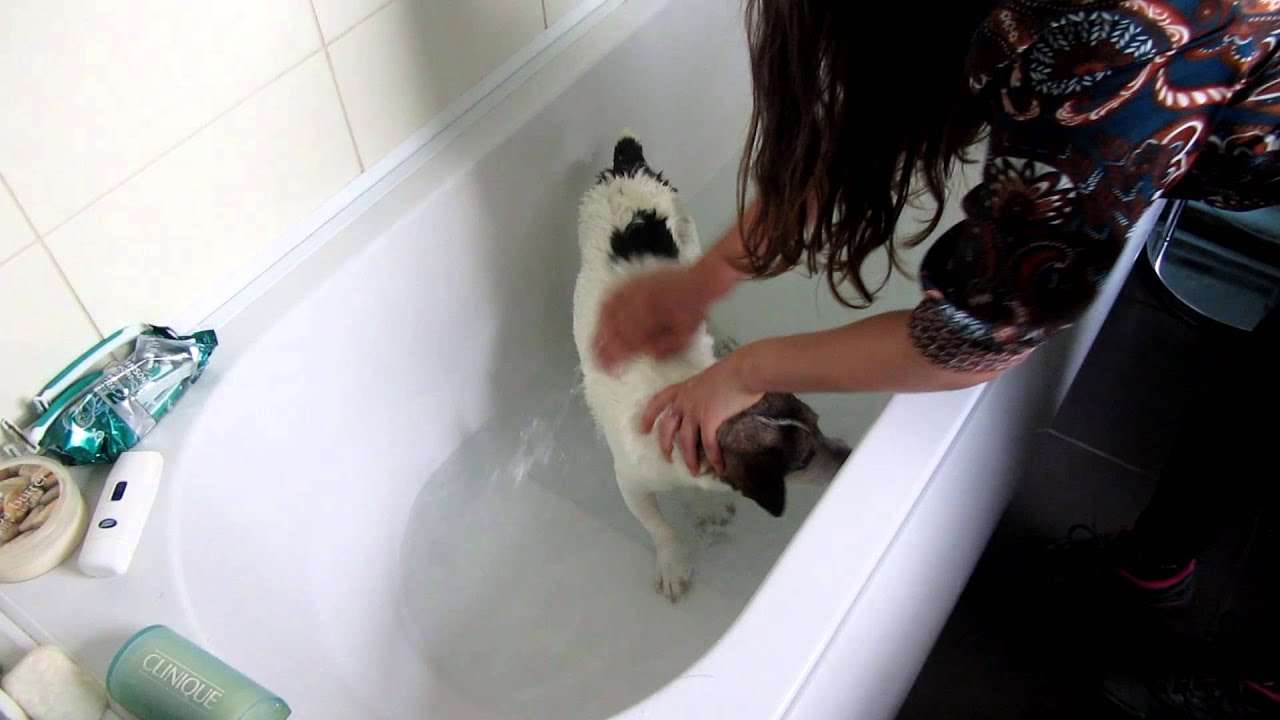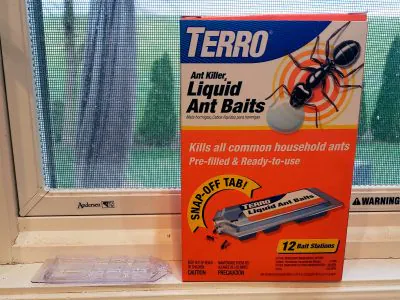Key Takeaways:
- Using dog flea control products on cats can be risky and potentially harmful to their health.
- Cats have a different metabolism compared to dogs, making them more sensitive to certain ingredients found in dog flea control products.
- Some active ingredients in dog flea control products, such as permethrin, can be toxic to cats and cause adverse reactions.
- It is crucial to always use cat-specific flea control products that are labeled safe for feline use.
- Consulting with a veterinarian before using any flea control product on your cat is essential to ensure their safety and well-being.
Are you a cat owner who wants to keep your furry friend safe from pesky fleas? If so, then understanding the topic of dog flea control on cats is essential for you. Not only will it help you protect your beloved pet from discomfort and potential health risks, but it can also save you money and time in the long run. In this article, we will delve into whether using dog flea control products on cats is safe or risky, providing you with valuable insights and practical tips. So, let's uncover the truth behind this common concern and ensure the well-being of your feline companion!
What are Dog Fleas and Why are They a Concern for Cats?
Dog fleas are tiny insects that infest dogs and can also affect cats. They survive by biting animals and feeding on their blood. These fleas can cause a lot of discomfort to both dogs and cats, leading to itching, scratching, and skin irritation. If left untreated, they can even transmit diseases to the animals.
Cats can get fleas from dogs if they come into contact with an infested dog or its environment. Fleas can easily jump from one animal to another, so it's important to take precautions if you have both dogs and cats in your home. Even indoor cats can be at risk if there are fleas in the house.
Why are dog fleas a concern for cats?
Cats are more sensitive to certain chemicals found in dog flea control products, which can be harmful or even toxic to them. Additionally, some dog flea control products may not be as effective on cats because they have different active ingredients or concentrations.
It is essential to use cat-specific flea control products on cats to ensure their safety and effectiveness in eliminating fleas. Using dog flea control products on cats can lead to serious health issues and should be avoided at all costs.
Can Cats Get Fleas from Dogs? Explaining How it Happens
Yes, cats can get fleas from dogs if they come into contact with an infested dog or its environment. Fleas are excellent jumpers and can easily transfer from one animal to another. They don't discriminate between species when looking for a blood meal.
If a cat spends time with an infested dog or shares bedding or other items with the dog, there is a high chance of getting fleas. Even brief contact with an infested dog can be enough for fleas to hitch a ride on the cat and start infesting it.
How do fleas transfer from dogs to cats?
Fleas have strong legs that allow them to jump long distances. When a flea-infested dog is near a cat, the fleas may jump onto the cat's fur or skin. Once on the cat, they will start biting and feeding on its blood. This is how fleas transfer from dogs to cats.
It's important to regularly check both your dogs and cats for signs of fleas and take preventive measures to avoid infestations.
Safe Methods to Control Dog Fleas on Cats: Are There Any?
When it comes to controlling dog fleas on cats, it is crucial to use products specifically designed for cats. There are several safe methods available:
Cat-specific flea control products
- Topical treatments: These are liquid medications applied directly onto the cat's skin, usually between the shoulder blades or at the base of the neck. They provide long-lasting protection against fleas.
- Oral medications: These are pills or chewable tablets that can be given to cats. They work by preventing fleas from reproducing and can provide month-long protection.
- Flea collars: Some flea collars are specifically designed for cats and can effectively repel and kill fleas. It's important to choose a collar that is safe for cats and follow the instructions carefully.
Note:
It is essential to consult with a veterinarian before using any flea control product on your cat. They can recommend the most suitable option based on your cat's age, weight, and overall health.
Risks of Using Dog Flea Control Products on Cats
Using dog flea control products on cats can be extremely dangerous and potentially life-threatening. There are several risks associated with using these products on cats:
Toxicity
Cats are more sensitive to certain chemicals, such as permethrin, which is commonly found in dog flea control products. Even small amounts of these chemicals can cause severe reactions in cats, including tremors, seizures, and even death.
Ineffective treatment
Dog flea control products may not be as effective on cats because they have different active ingredients or concentrations. Using these products on cats may not eliminate the fleas completely, leading to ongoing infestations.
Adverse side effects
Cats may experience adverse side effects from dog flea control products, such as skin irritation, hair loss, or allergic reactions. These side effects can cause further discomfort and may require veterinary treatment.
It is crucial to always use cat-specific flea control products to ensure the safety and well-being of your cat.
Ensuring Safety of Cats when Using Dog Flea Control Products
To ensure the safety of your cat when using any flea control product, it is important to follow these guidelines:
- Read and follow the instructions carefully before applying any product on your cat.
- Use only cat-specific flea control products that are labeled safe for use on cats.
- Weigh your cat accurately before administering oral medications to ensure the correct dosage.
- Avoid using multiple flea control products simultaneously unless recommended by a veterinarian.
- If you notice any adverse reactions or unusual behavior in your cat after applying a flea control product, contact your veterinarian immediately.
By following these guidelines, you can help protect your cat from any potential harm associated with flea control products.
Natural Alternatives for Controlling Dog Fleas on Cats: Do They Work?
There are some natural alternatives that may help in controlling dog fleas on cats. While they may not be as effective as conventional flea control products, they can still provide some relief:
- Diatomaceous earth: This is a fine powder made from fossilized algae. It can be sprinkled on the cat's bedding or around the house to kill fleas by dehydrating them.
- Essential oils: Some essential oils, such as lavender or cedarwood oil, have insect-repellent properties. However, it's important to use them with caution and dilute them properly before applying to the cat's fur.
- Flea combing: Regularly combing your cat with a flea comb can help remove adult fleas and their eggs from its fur.
While natural alternatives can provide temporary relief, it is still recommended to consult with a veterinarian and use approved flea control products for long-term effectiveness and safety.
What to Do if Your Cat Accidentally Comes into Contact with Dog Flea Control Products?
If your cat accidentally comes into contact with dog flea control products, it is important to take immediate action:
- Remove the product: If the product was applied topically on your cat, wash it off immediately using mild soap and water. Rinse thoroughly to ensure all traces of the product are removed.
- Contact a veterinarian: Even if your cat doesn't show any immediate signs of adverse reactions, it is still important to consult with a veterinarian. They can provide guidance on any necessary further steps or treatments.
- Monitor your cat: Keep a close eye on your cat for any unusual behavior, signs of discomfort, or adverse reactions. If you notice anything concerning, contact your veterinarian right away.
It's always better to be safe than sorry when it comes to the health and well-being of your cat. Taking prompt action can help minimize any potential harm caused by accidental exposure to dog flea control products.
In conclusion, using dog flea control products on cats can be risky and potentially harmful. It is important to always use products specifically made for cats to ensure their safety and well-being.
What happens if you accidentally put dog flea treatment on a cat?
If your cat has come into contact with a flea product designed for dogs, it is important to seek help right away. You can contact a veterinarian, use the emergency number provided on the product package, or reach out to Pet Poison Helpline® at 800-213-6680 for assistance.
What dog flea medicine is safe around cats?
Frontline® Flea Spray is suitable for both dogs and cats and can be safely used even if you have young kittens or puppies. It is also water-resistant, ensuring its effectiveness even in areas with heavy rainfall.
Is it OK to use dog flea medicine on cats?
Using the wrong insecticide can be fatal for cats. The flea and tick insecticides used for dogs in prevention are not only powerful, but they are so powerful that dogs and cats should be kept separate after applying them correctly. It is crucial that cats never come into contact with flea medications meant for dogs.
Why can't I use dog flea medicine on my cat?
Permethrin, a type of pyrethroid, is a substance commonly found in products designed to kill fleas and ticks on dogs, but it is toxic to cats. Permethrin can be harmful if inhaled, ingested, or absorbed through the skin. These chemicals are often present in household insect sprays, as well as flea and tick preventatives and treatments for dogs.
Should indoor cats be on flea prevention?
It is advised to provide year-round flea prevention for all cats and dogs in your household, regardless of whether they stay indoors or not. Although this recommendation applies throughout the year, the spring and summer months, when the weather is warmer, are particularly crucial for preventing fleas.
Is there a safe flea treatment for cats?
Bravecto Topical Solution for Cats is considered the top choice for treating fleas on cats. This medication, recommended by Dr. Katy Nelson, a senior veterinarian at Chewy, offers 12 weeks of protection against both fleas and ticks.

















